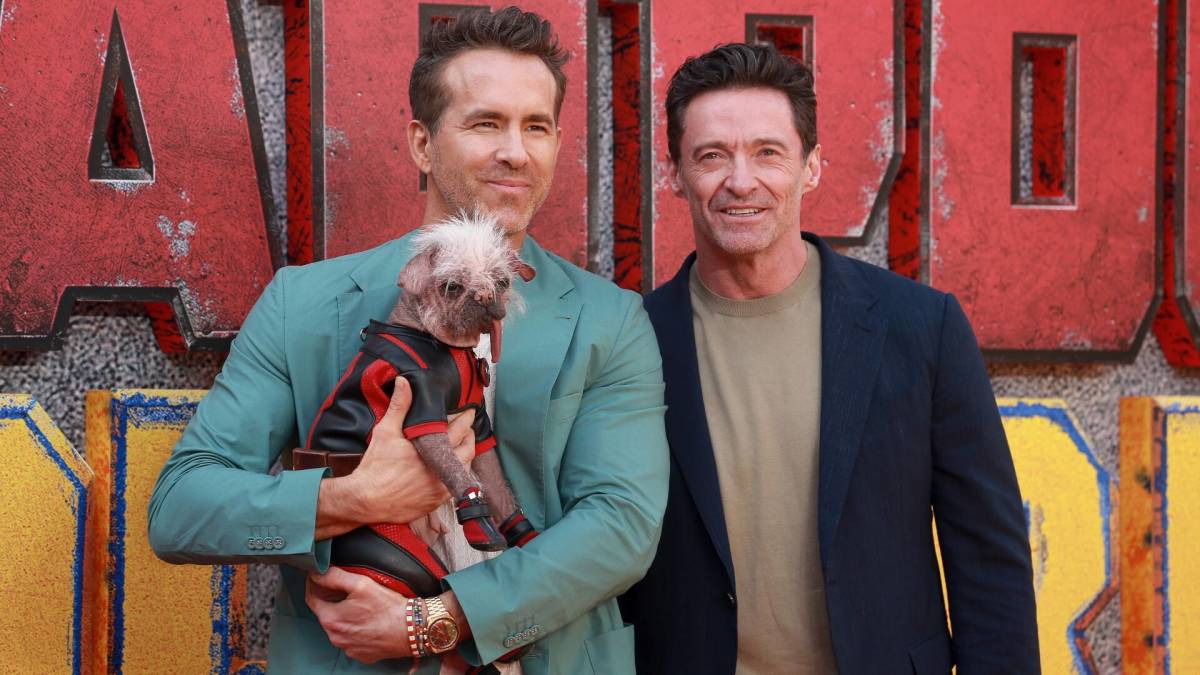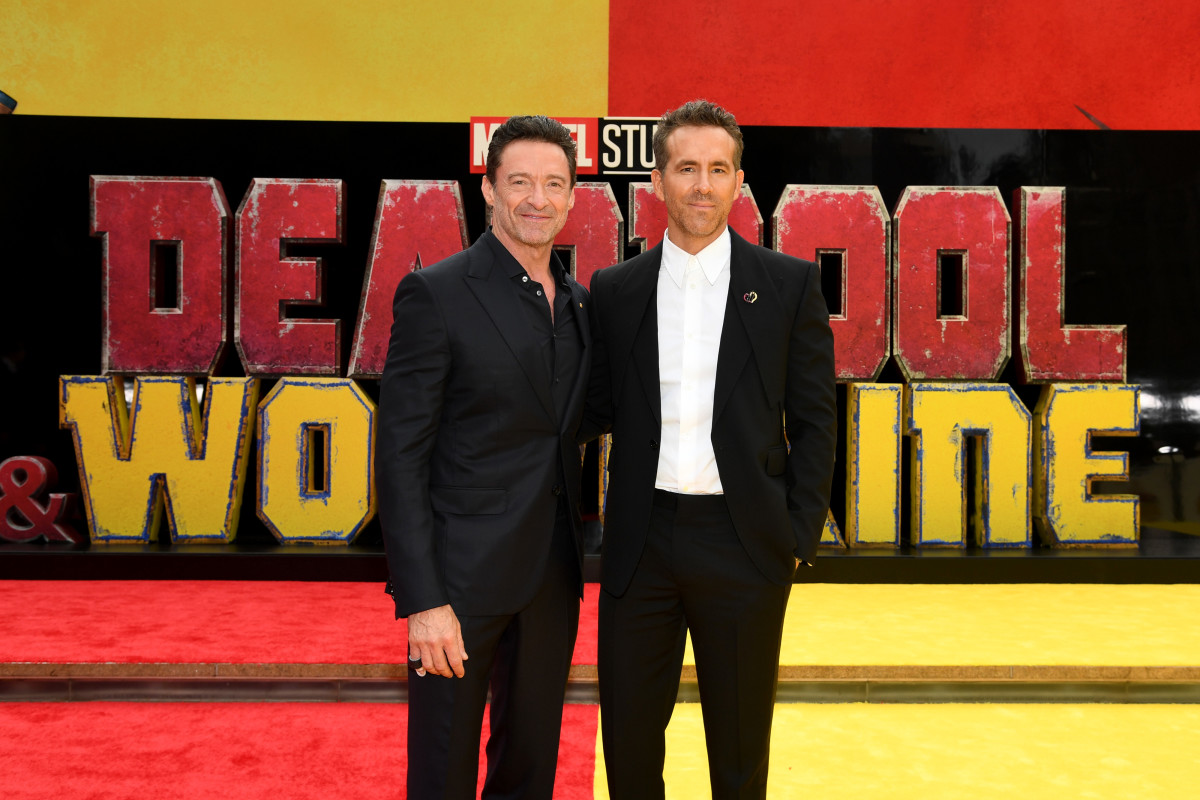
Earlier this year, Nelson Peltz, the billionaire investor who owns Trian Fund Management, attempted to win multiple seats on Disney's board because he believed the company was in crisis.
Peltz lost the proxy fight, but his complaints were apparently not lost on Disney's leadership. Chief among his grievances was the allegation that Disney’s board failed to do its job with CEO succession planning.
💰💸 Don’t miss the move: SIGN UP for TheStreet’s FREE Daily newsletter 💰💸
Bob Iger served as Disney CEO and chairman from 2005 to 2020, and hand picked his successor, Bob Chapek, who had been chairman of Disney Parks, Experiences and Products. But the board booted Chapek in November 2022 less than three years after he took the position.
Iger returned to the CEO role, and is expected to be there through 2026 when his contract extension ends.
In a CNBC appearance in April, a little more than a month before his ill-fated attempts to win board seats, Peltz also noted that Disney's long-term goal was to reach "double digit profit margins in the streaming business."
Even though Peltz has no influence at Disney, an exclusive "Deadpool & Wolverine" streaming offering on Disney+ appears as if it will help meet that lofty goal.

'Deadpool & Wolverine' may have led to Disney+ subscriber surge
On the tail of the proxy fight, Walt Disney Co. (DIS) ended its 2024 fiscal year last week with nearly 123 million Disney+ Core subscribers, an increase of more than 4 million subscribers over the previous quarter. This is a better result than was expected.
One possible reason for the surge in subscribers is Disney's October announcement that it would release "Deadpool & Wolverine" exclusively on Disney+.
In Disney’s fourth-quarter earnings report, released Nov. 14, the entertainment titan revealed Q4 revenue of $22.6 billion, a 6% increase from earnings during the same quarter in 2023.
The Ryan Reynolds and Hugh Jackman behemoth is the second highest-grossing film of 2024 so far, with worldwide box office receipts of $1.3 billion. (Inside Out 2, the animated family comedy, is in the lead, with $1.7 billion.) "Deadpool & Wolverine" is also the highest-grossing R-rated movie ever.
Related: Disney plans to raise the price of key services
In July, a Bloomberg story postulated that Disney was betting on the foul-mouthed frenemies to "save Marvel," since audiences seem to be suffering from "superhero fatigue." "Deadpool & Wolverine" is the third film in the franchise, but the first developed following Disney's acquisition of Marvel's parent, 20th Century Fox.
"Deadpool & Wolverine" displaced "Barbie" as the 12th highest-grossing American film. Disney, of course, is most well known for family-friendly fare like "Frozen," "Freaky Friday" and "Finding Nemo" so "Deadpool & Wolverine" is somewhat of a departure.
Even though Nelson Peltz is out of the Disney universe, his influence lingers
Related: Nelson Peltz sells $1 billion of stock after Disney proxy battle
Peltz had been a controversial figure in the Disney sphere, especially after expressing his opinion in a Financial Times interview that Disney is not the place for “woke” Marvel films featuring Black and women superheroes like “Black Panther” and “The Marvels.”
“Why do I have to have a Marvel [movie] that’s all women?” he asked. “Why do I need an all-Black cast?” (Incidentally, "Black Panther" does not in fact have an all black cast and there is not a Marvel film with just women in it.)
Peltz ultimately sold his stake in Disney — reportedly 30 million shares — for about $120 a share, raking in $1 billion.
When asked why he didn't win the proxy battle, in a Deadline interview Peltz said, "Because the index funds didn’t want me to win. The index funds get paid a lot of money from Disney, and they didn’t want me to win,” he said — a bit of an anti-climax.
Peltz had purchased his Disney shares in the mid-to-low $80s and sold them at $119 They have bounced around since. “If the stock goes back to the $80s, you guys, I’ll be back. I promise,' he said.
On Friday, the day after the earnings call, Disney closed at $115.
Related: Veteran fund manager sees world of pain coming for stocks







